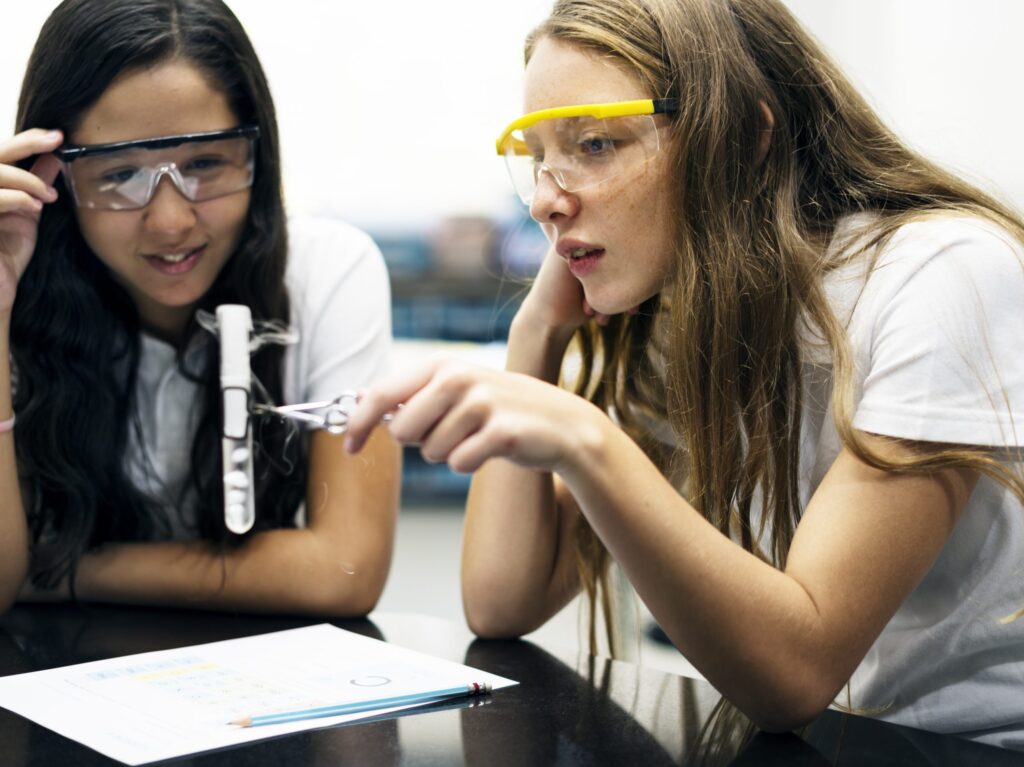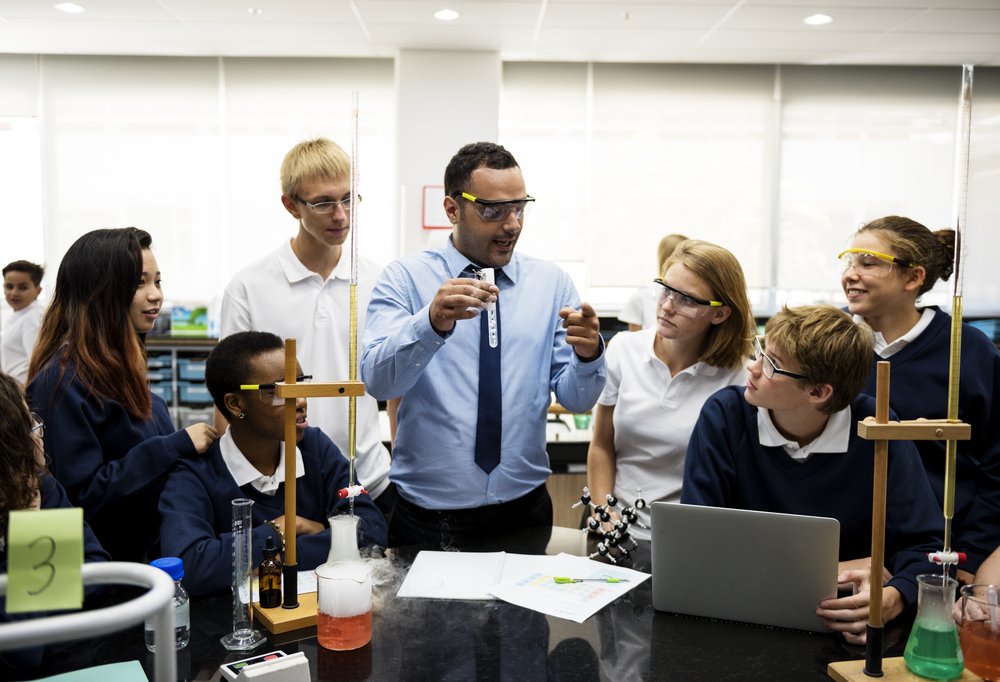Early in August my wife and I went to the Isles of Scilly. Now, living in Cornwall, this isn’t exactly an adventurous holiday, but it works for us; the weather was great and it was both peaceful and beautiful. We’d booked to go over on the helicopter from Penzance but the flights were cancelled on the day of departure and we were transferred to a flight from Lands End. The aircraft was an eight seat Britten-Norman Islander; when you check in your luggage gets weighed and then so do you.
You’re told where to sit (the weight shouldn’t be in the tail); the aircraft has four double seats and is the width of a car. We were told to sit at the front (well, behind the pilot); read into this what you will, though I’ll point out that another couple weren’t allowed on (even though there was room) as they would have overloaded it. However, the approach isn’t completely inflexible. The other passengers were a young couple with their two small children; each adult sat with one of the children as it wouldn’t be great to have two young children sharing a seat in an aircraft with no gangway. The flight was amazing, viewed entirely through the windscreen and with all the instruments visible (we flew at 100 mph at a height of 950 feet). Most of the approach to the runway at St Marys is over the water (and then cliffs). The whole experience is, as they say, the business.
Two days earlier I’d been in London at a meeting about the revisions to A level science courses. There’s an expectation now that universities (and especially Russell Group members) will have a key role in developing and approving specifications. Now, this isn’t in itself a bad idea. Students studying science at A level will want, in some cases, to be able to follow one or two of their subjects through to degree level and the courses should be designed to provide an effective basis for progression. Why shouldn’t they?
What I think we should also be mindful of is that whereas A levels should be a basis for undergraduate study, that isn’t the only thing they should be. We’re headed for a situation in which everyone to the age of 18 is expected to be in education or training. That’s good, but it means we have to be able to offer a comprehensive curriculum in schools and colleges. Just as GCSEs function as a precursor for A levels but have to work in lots of other ways too, so we have to be careful that A levels don’t have too narrow a remit. If they are to provide an academic education for a broad range of students they need to be designed to support a range of outcomes.
By all means involve representatives of Russell Group universities in the development programme but for my money there are others who should be involved as well. My list of nominees would include employers (both of A level school leavers and of science graduates), teachers and students (both ones for whom the existing courses worked well and those for whom they didn’t).
Like the loading of the aircraft it has to be got right, but that doesn’t mean that a single objective is pursued to the exclusion of all other considerations.
Ed Walsh,


